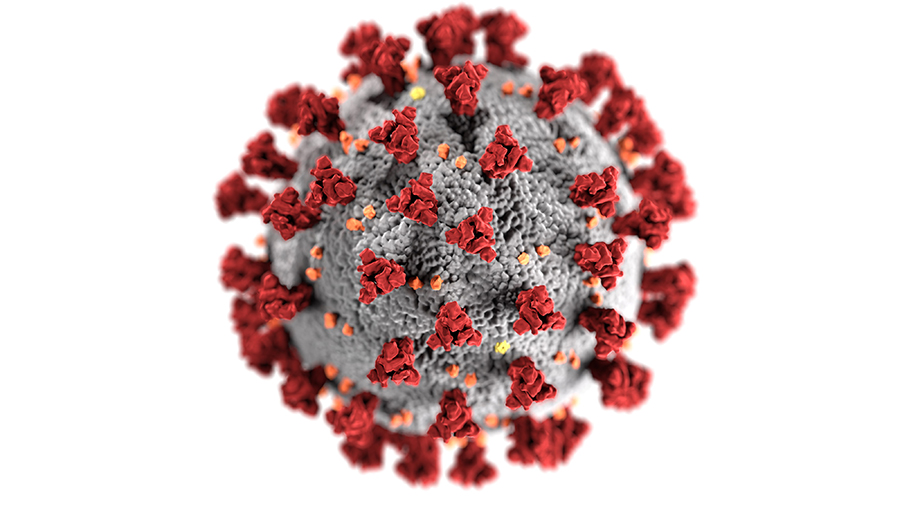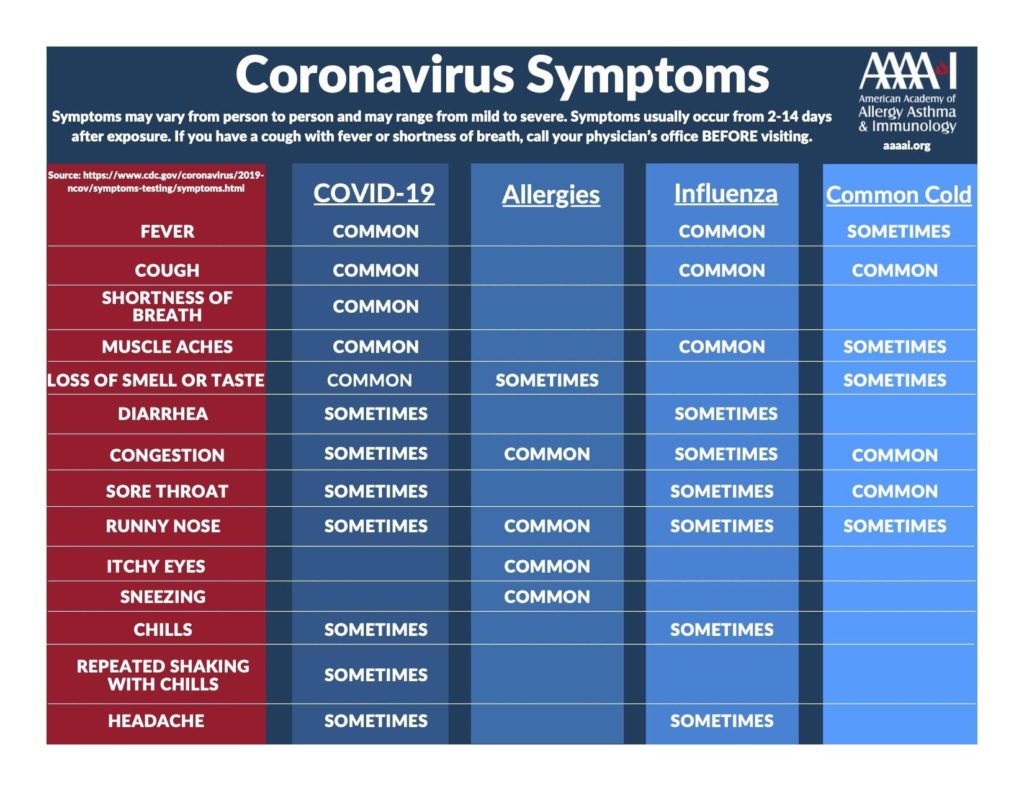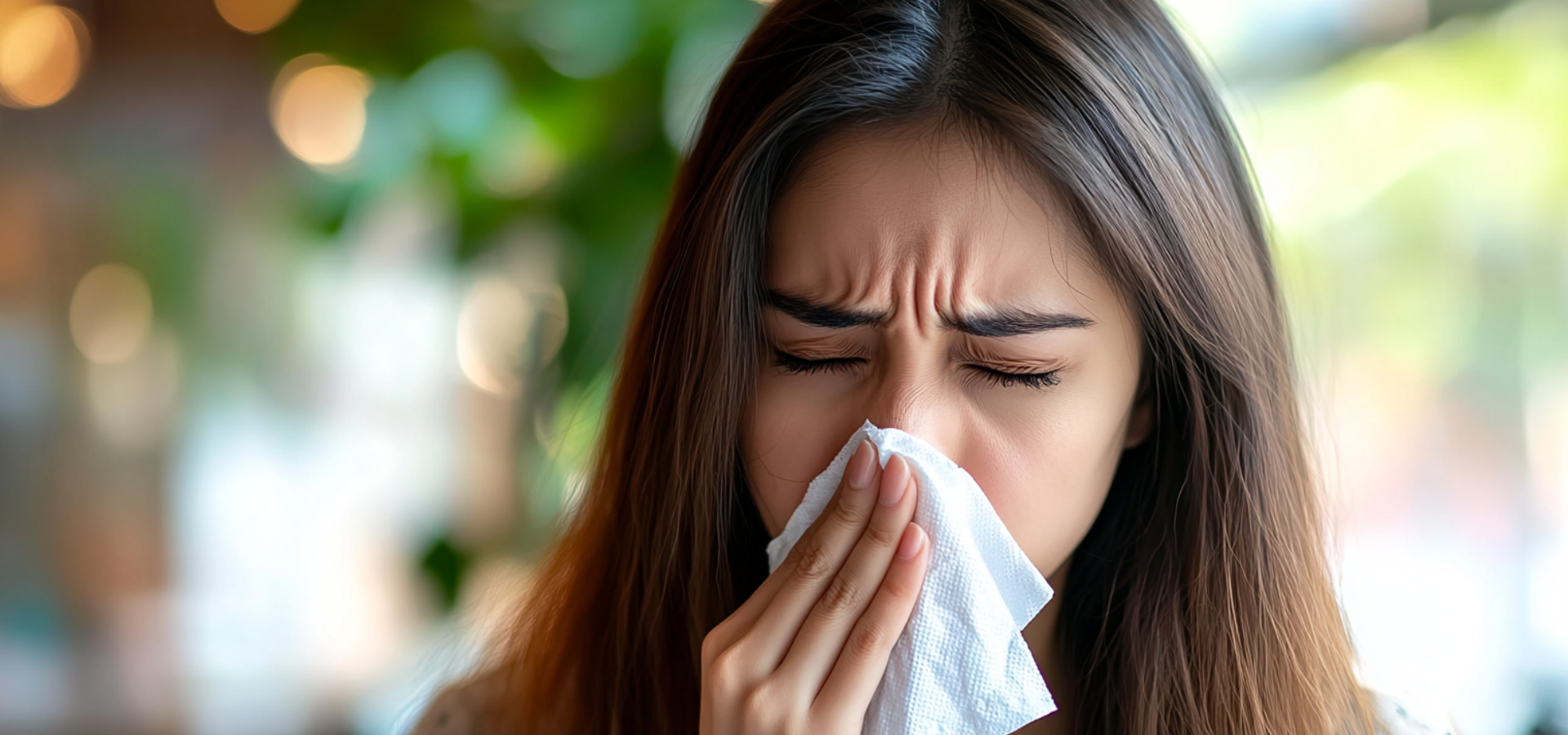
Allergies or COVID-19?
The question that often crosses people’s minds with every sneeze or cough is “Do I have COVID-19?” Those who have allergies have the additional challenge of distinguishing the cause of their symptoms from allergies or from COVID-19. Of course, it could also be a cold or the flu. The following information can help you tell if you are suffering from allergies, a cold, flu, or COVID-19.
Allergies
Allergies occur when your immune system overreacts to substances in your environment such as pollen, mold, and dust. Symptoms can occur year-round or seasonally, can vary from mild to severe, and are not contagious. For patients with asthma, allergies can also trigger symptoms of chest tightness, shortness of breath, wheezing and coughing. Often, medications can help control allergy symptoms. Another treatment option includes allergy immunotherapy (such as allergy shots or allergy drops), which can help provide patients with long-term relief.
Common Allergy Symptoms Include:
- Runny or stuffy nose
- Sneezing
- Post-nasal drip (can sometimes cause mild sore throat)
- Mild fatigue
- Itchy, water, or red eyes
- Itchy nose or ears
COVID-19
COVID-19 is an infectious disease that spreads through direct contact, such as coughing or sneezing, with respiratory droplets containing the virus SARS-CoV-2. COVID-19 symptoms can be mild, moderate, or severe and usually start 2-14 days after exposure. Symptoms typically resolve within 2 weeks after initial onset.
Please take into consideration that individuals who have been fully vaccinated for COVID-19 may still contract the disease. However, the symptoms are typically more mild.
Common COVID-19 Symptoms Include:
- Fever
- Dry cough
- Shortness of breath
- Intense fatigue
- Body aches
- Loss of smell
Key Points to Determine Allergies vs. COVID-19
- Timeline and past history
- In most cases, people with allergies have a history of seasonal allergies
- Allergy symptoms typically last longer than viral symptoms
- Allergy symptoms can be controlled through medication use
- Itching is a common symptom of allergies, but is NOT a symptom of a viral illness
- Fever is a common symptom of COVID-19, but is NOT a symptom of allergies
- Patients that have asthma in addition to allergies may experience wheezing, shortness of breath, and chest tightness. COVID-19 does NOT cause wheezing.
Allergies, Cold, Flu, or COVID-19 Checklist
Use this chart to determine which health issue your symptoms fall under

For any medical issue, it is best to contact your physician or visit an urgent care center where you can be evaluated and given the proper course of treatment.

Written/Reviewed by: Dr. Neha Reshamwala
NPI number: 1780874578
Page last reviewed: 06/25/2025


 All blog posts
All blog posts





